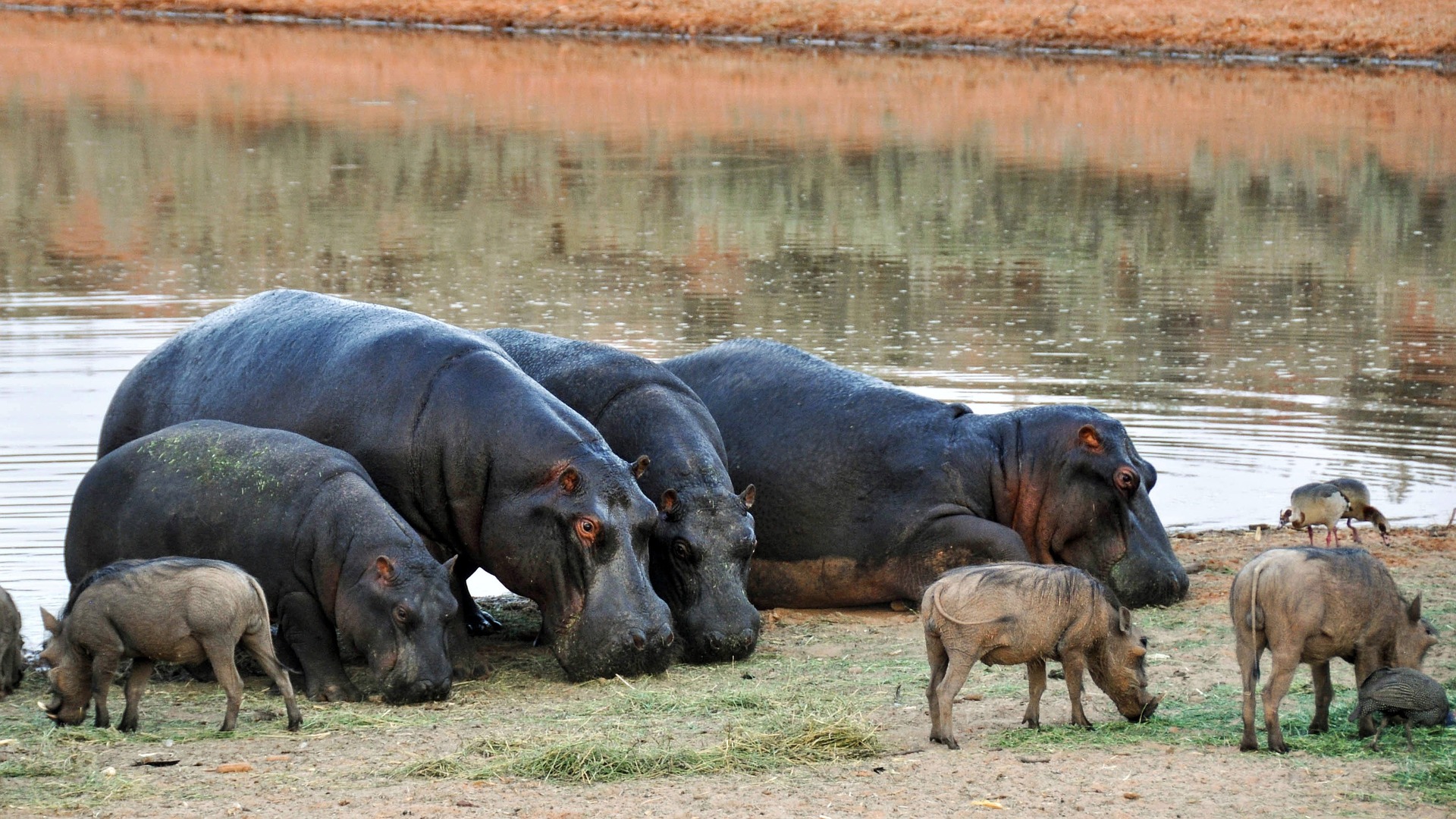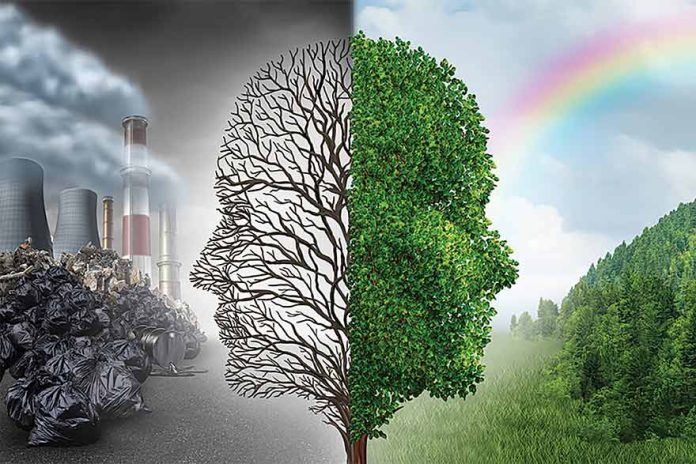- Environmental degradation is one of the most talked about topics around the world simply because of its implications for the global community in more than one way. The resultant erratic weather patterns lead to unseasonal downpours, snows, storms, drought, famine, and generally uncharacteristic occurrences have rendered the global community under tremendous duress. Several mitigating measures initiated by leadership from around the world have yielded limited results with so much more needs to be achieved from different quarters. One of the most obvious fallouts of erratic weather patterns is the adverse effect on the production of food grains to sustain increasingly growing humanity. This will become the biggest challenge in the coming days.

PC: The Richest
- The entire world must have felt shocked by the reports originating from the African nations of Namibia and Zimbabwe killing elephants to feed humans revealing to us many fundamental things about our species on the back of natural disasters striking more consistently. In the ensuing revulsion over the decisions of these nations to cull elephants to feed needy communities, what gets lost is a classic duality. The desperate need to feed hungry millions by killing wild animals that need protection, those long droughts, those shrinking spaces for wildlife, and man-animal collisions – they are the flip side of human progress. This is not to argue that Namibia or Zimbabwe govt should abandon their citizens. Or that culling isn’t a widespread practice.
- Namibia culls hippos during droughts since the pools of standing water hippos need to survive dry up. But the point is that the frequency of droughts has increased. What’s not being talked about is that killing elephants to feed humans captures the rising demand for meat – 80% of the world eats meat for which 100bn animals are slaughtered a year. That means every year, around 16 animals are killed for each meat-eating human. Note that hunting has returned to parts of Africa. Trophy hunting of transborder super-tuskers who cross over from Kenya to Tanzania has become a contentious issue. Kenya banned hunting. Tanzania allows it. A truce to not hunt the Amboseli super-tuskers – a single tusk weighs 50kg and fetches dizzying prices – had protected elephants.

PC: Safari Travel Plus
- Unfortunately, hunts have resumed. For Tanzania, hunting brings in the global affluent, especially from the US, generating millions in revenue. The reality is human prosperity has extracted too great a price on Earth. At just over 8bn, humans are a burden. All the chest-beating over fossil fuels hasn’t dimmed the unbridled expansion of the energy-guzzling Al shebang. From water-intensive crops to marine life, human demand for resources is off the charts. Also, politico-industrial-military establishments around the world want expensive wars – the highest number of conflicts since WWII are running post-Covid. Wars are the most profitable industry. Human beings are bad news for the earth. Sadly, who on earth is listening to the broad-day mayhem? None.






